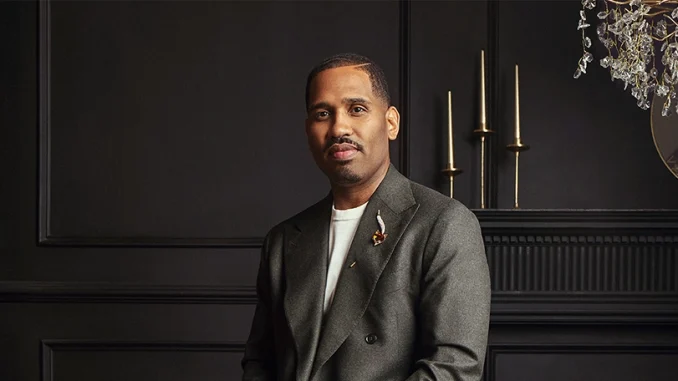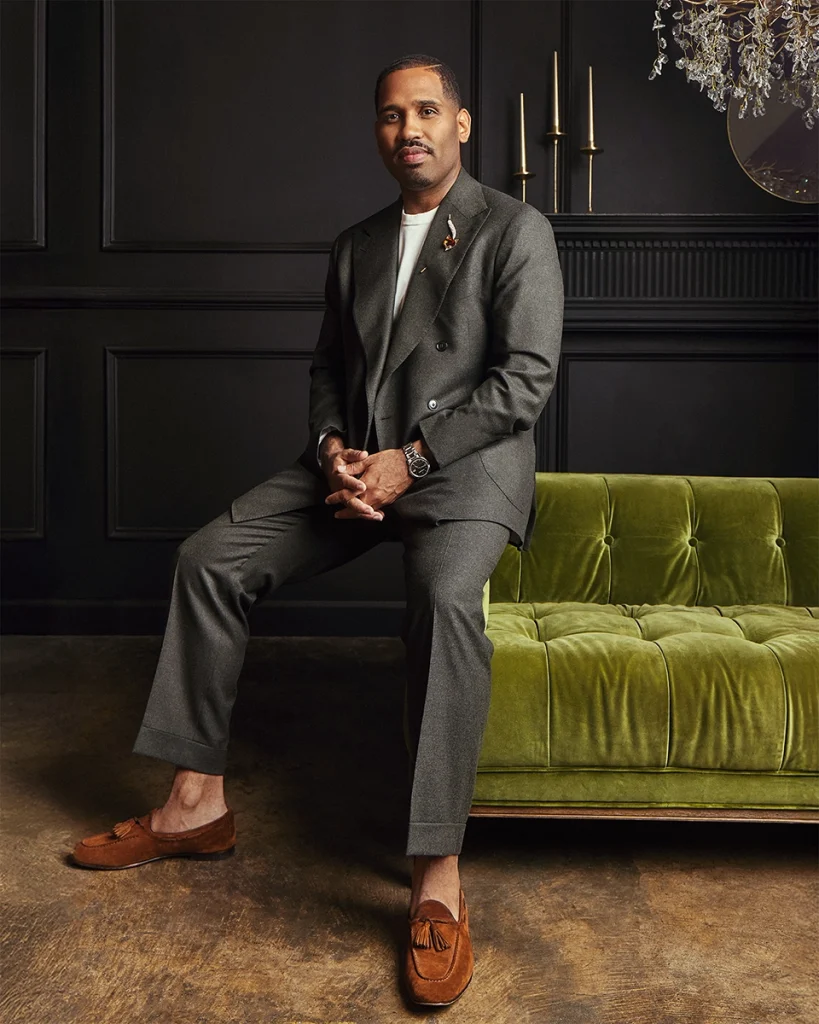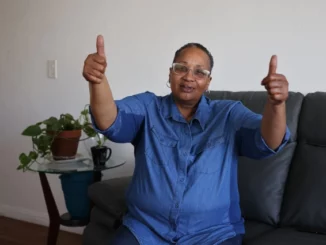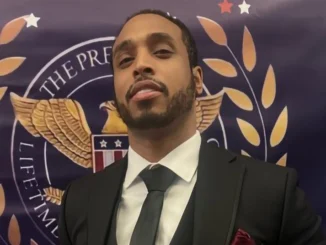
By Dr. Samaad Wes Keys
The other day, I was walking through downtown Montclair during a trip home to New Jersey. A young man, Black, maybe late twenties, stopped me. Called me “distinguished.” I laughed, mostly because I knew that was code for “you look older, brother.” But what started as a lighthearted moment quickly turned into something deeper.
He’s a teacher in Newark. College-educated. Doing the work. But he told me he still felt like he’d missed something. He talked about how difficult it had been to build a professional network. How internships and career prep weren’t accessible when he needed them. How, growing up, no one talked about study abroad or externships, just graduate and figure it out.
But here’s the truth: a degree alone isn’t enough.
I often remind the young folks in my family: college gets you on the plane, but it doesn’t determine your seat. You don’t automatically land in first class or economy comfort just because you have a degree. Especially for those of us without generational wealth or built-in networks, getting the boarding pass isn’t the same as arriving in comfort.
If you want better placement, better legroom, and a better view, you’ve got to navigate the full experience. Build relationships. Gain real-world exposure. Learn how to move through systems that weren’t designed with you in mind.
Let’s be honest. Most entry-level jobs today expect five to ten years of experience. For students from underresourced communities, that expectation isn’t just unfair, it’s structural. We’ve treated the degree as the golden ticket. Just get in. Just graduate. But for too many, especially Black, Latino, Indigenous, and low-income students, that degree can feel like a closed door instead of an open one.
According to the Burning Glass Institute and Strada Education Network, more than 40 percent of recent college grads are underemployed in their first job. A decade later, two-thirds still are. And Black students are 16 percent less likely than their white peers to secure internships, even when academic records are the same.
This isn’t just a pipeline problem. It’s a design problem.
Gen Z wants more than credentials. A 2023 Deloitte survey found over 70 percent prefer freelance or independent work to the traditional 9 to 5. They want flexibility. Purpose. And they’re tired of unpaid hoops just to be seen.
So instead of asking, “Is college worth it?” we need to ask, “What systems must surround the degree to make it matter?” Because a half-built bridge won’t carry you across.
The degree is just the boarding pass. But if we don’t fix what happens next, who gets seen, supported, and seated with care, we’ll keep building systems that leave the most talented people flying coach in their own future.
And just to be clear, I have no problem with coach. I’ve had some great snacks and even better conversations back there. But when your education was supposed to change your life, you shouldn’t feel like you’re still waiting for your upgrade to arrive.
College shouldn’t be the finish line. It should be the launchpad.
Citations:
- Burning Glass Technologies and Strada Education Network. (2018). The Permanent Detour: Underemployment’s Long-Term Effects on the Careers of College Grads. https://cdn.prod.website-files.com/6777c52f82e5471a3732ea25/67d32e6e058b637f4fd3e3fe_Strada_ThePermanentDetour_May2018.pdf
- National Association of Colleges and Employers (NACE). (2021). Racial Disparities in Internship Participation.https://www.naceweb.org/research/reports/2021-nace-student-survey-briefs-4-year
- Deloitte Global. (2023). 2023 Gen Z and Millennial Survey. https://www.deloitte.com/content/dam/assets-shared/docs/campaigns/2025/2025-genz-millennial-survey.pdf
About
Dr. Samaad Wes Keys is a transformational strategist, scholar, and advocate whose work spans higher education, philanthropy, and community innovation. A first-generation college graduate from Paterson, New Jersey, he has devoted his career to advancing equity for students of color and those from low-income backgrounds. His leadership includes pivotal roles at the United Negro College Fund, the Association of Public and Land-grant Universities, and the Southern Education Foundation, where he strengthened HBCUs and helped spark national dialogue on higher education equity. Currently working in philanthropy, Dr. Keys partners with more than 250 institutions to scale practices that improve outcomes for historically underserved students. He is also the creator and host of A Sip With Samaad, a podcast exploring Black fatherhood, leadership, and resilience. A graduate of Morehouse College, Central Michigan University, and the University of Georgia, Dr. Keys defines legacy as building structures and stories that empower future generations.







